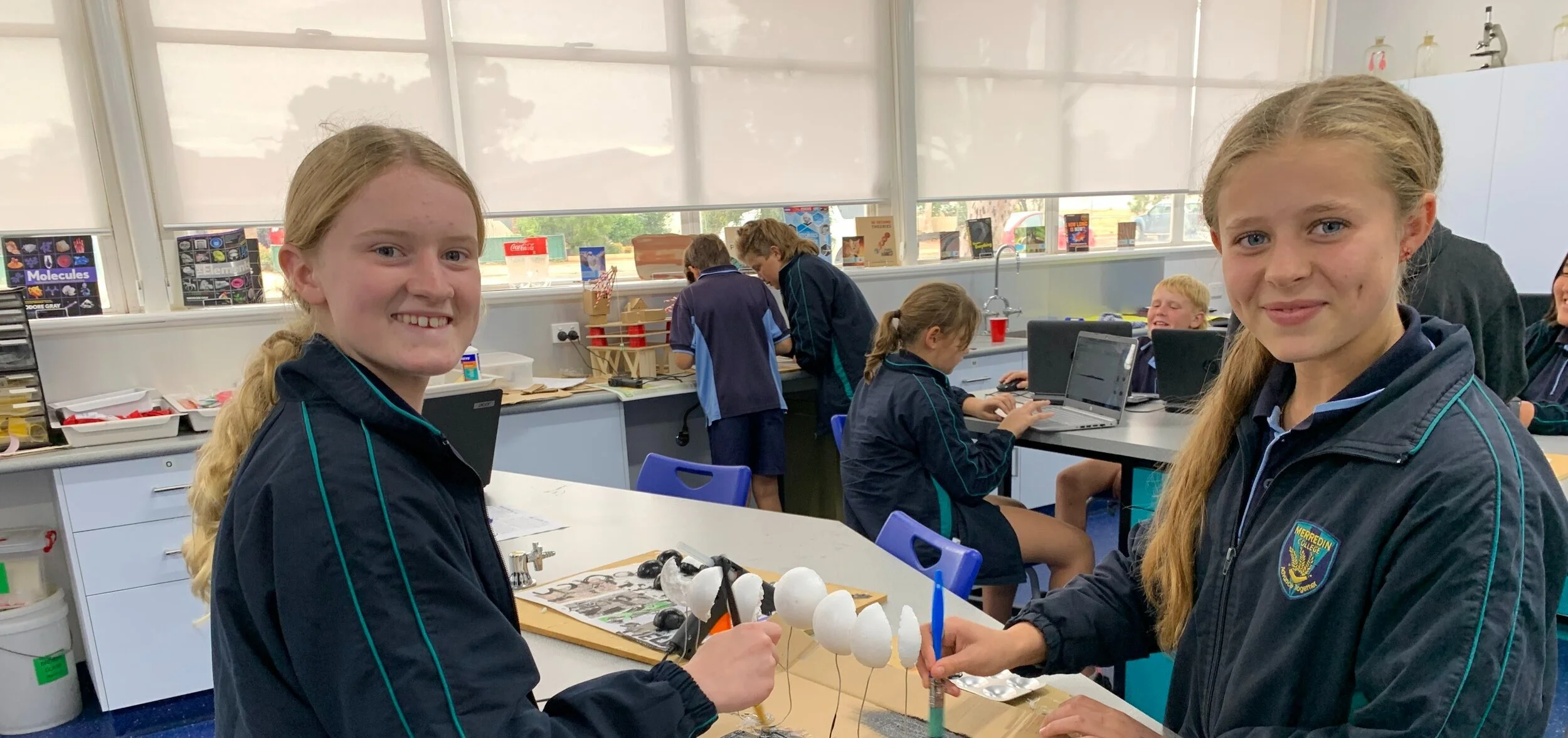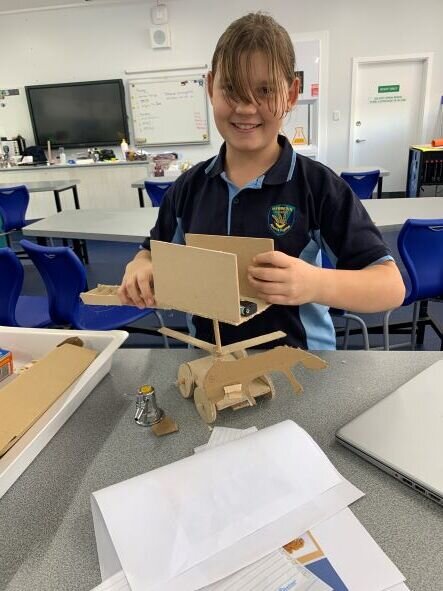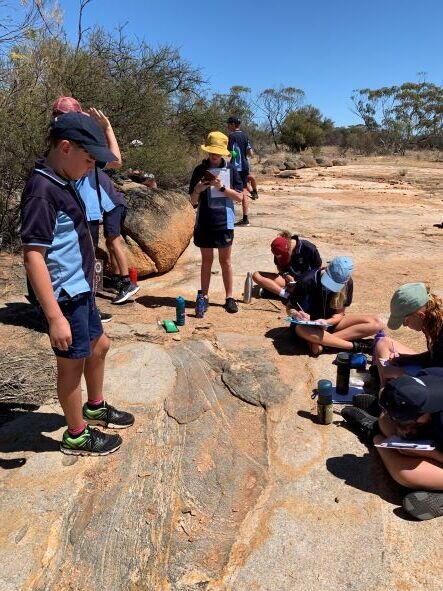The CoRE Learning Foundation has developed a unique integrated education model that is industry-backed and content relevant, bridging the gaps between education, government, community, and industry.
Engaging more than 120 students from years 5 to 10 and 3 educators in its first year through science, technology, engineering and mathematics (STEM ) project-based learning, CoRe’s first school in the Wheatbelt was Merredin College with whom they initially focused on the ecosystems and now on the rocks which form the Yilgarn Craton.
CoRE lead Suzy Urbaniak said GIG members, past and current, have been integral in the development and growth of CoRE’s expansion program.
“It is a well-known fact that there is a skills shortage, and the CoRE Learning Foundation through its expansion, is geared to provide a future talent pipeline for the resources sector,” Ms Urbaniak said.
Initial support from Saracen, a company that has since merged with Northern Star Resources early this year, enabled CoRE to begin its expansion program throughout WA, growing from one school to 10, from two educators to 40, and from 140 students to 700 in just two years.
Ramelius Resources’ recent sponsorship has enabled the foundation to begin its expansion within the greater WA Wheatbelt, establishing the Wheatbelt CoRE Hub which is a regional learning environment centre and welcoming student visits on site.
Ramelius Resources Managing Director Mark Zeptner said their support for CoRE has been invaluable.
‘’It’s great to be giving back at a local level in the greater Wheatbelt region of WA, supporting primary and secondary students, and giving them the opportunities for real world experiences at our mine site. Hopefully this will motivate and engage students to take a career pathway into the resources sector in the future,’’ Mr Zeptner said.
Ms Urbaniak said the education of students is about investing in the future of the mining sector and the next generation of its workforce.
“It’s a journey for students and CoRE is a proven pathway which delivers individuals into the resources sector who otherwise would not have considered it,” Ms Urbaniak said.
St Barbara Limited has also welcomed CoRE students to their Gwalia Mine for the last couple of years through their unique field trips which are creating an awareness for students and experience on a mine site where they recognise how their STEM learning relates to potential and diverse careers in the industry, and what their future could look like.
CoRE supports their educators in developing and delivering STEM learning and the commencement of job-ready individuals who are familiar with digitisation, diversification, and decarbonisation; critical features of the Modern Mine 2040.
CoRE also provides unique events to the public and schools to promote STEM. One such event was the Lisa Harvey Smith Goldfields Tour in 2019 aimed at showcasing how women in STEAM are an integral part of the resources sector.
Gold Fields' financial support enabled the tour and, in the process, put CoRE’s model and WA's STEM Women working in gold on the radar for Lisa Harvey Smith.
The CoRE Learning Foundation now has footholds in the Pilbara, the Wheatbelt, the Goldfields and the Metropolitan regions of Western Australia.
The Gold Industry Group’s education initiative, the National Gold Education Program, is also supporting a new talent pipeline into Australia’s gold industry, providing teachers with access to free, interactive gold sessions delivered by passionate workers in Australia’s gold industry, as well as exclusive Gold Resources Kits and curriculum linked resources.



